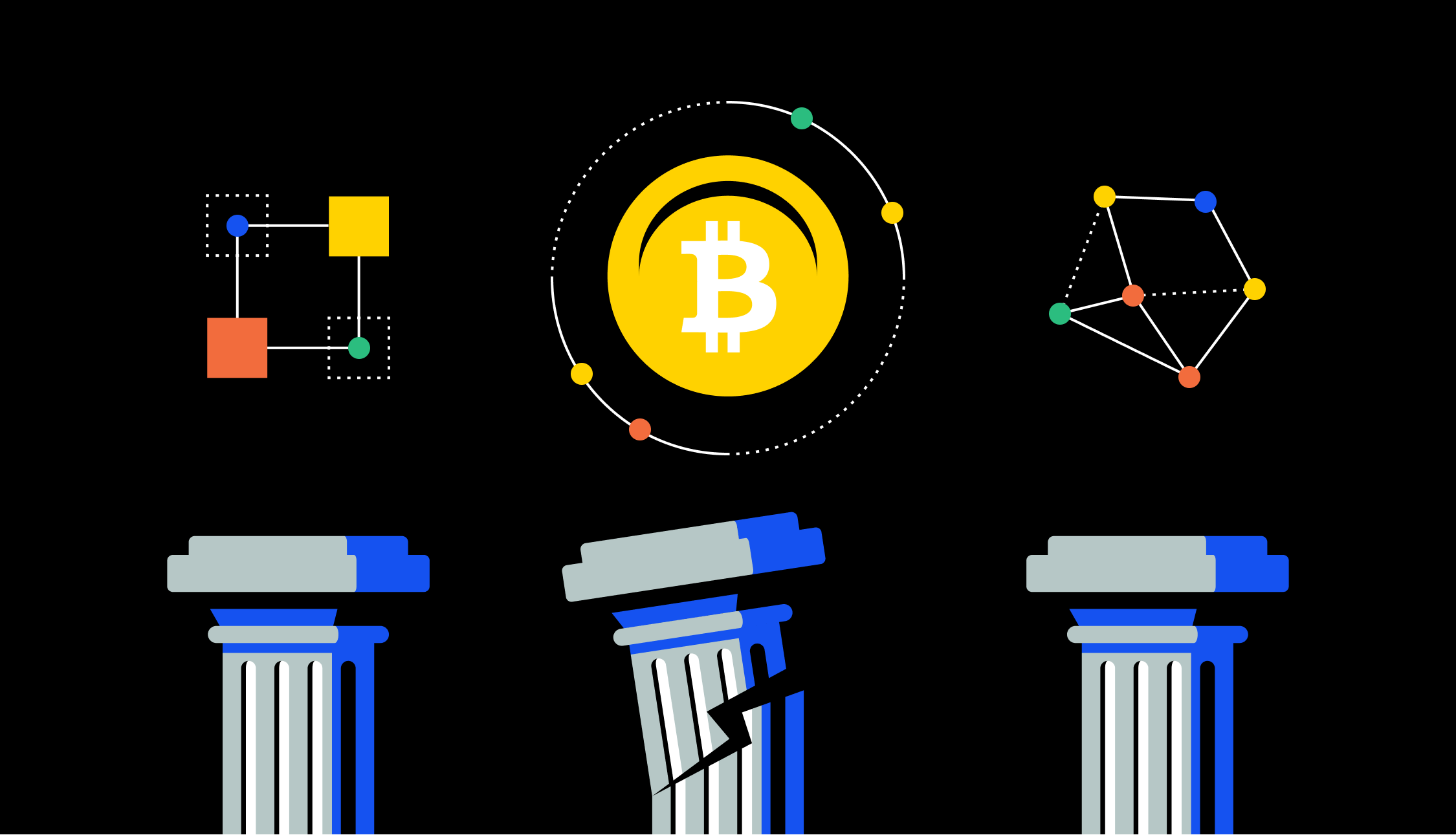At the Bitcoin Amsterdam 2024 conference, experts revealed a major problem: misinformation about Bitcoin, coming from flawed academic research, is causing big issues in media coverage and government policies. This matters a lot because it can affect the future of Bitcoin and even the rules and laws that govern how it’s used around the world. Let me break it down for you.
What’s Happening?
At the conference, experts spoke during a panel called “Beyond Resistance Money,” where they explained that some academic studies about Bitcoin are just plain wrong. These studies have errors, like mistakes in reporting Bitcoin’s environmental impact (such as its carbon emissions from mining). One of the speakers, Andrew Bailey, a professor at Yale-NUS College, mentioned a specific paper that had a “unit error” in its charts about Bitcoin emissions. This mistake still hasn’t been corrected, but it’s being used as a source for media and policymakers.
Imagine people reading a book full of wrong facts—journalists and politicians use these facts to make decisions, which can lead to harmful regulations that target Bitcoin unfairly.
Why Should You Care?
- Flawed Research Affects Public Opinion: Misinformation from academic papers makes its way into the media, where journalists often don’t have the time or expertise to verify these facts. When they repeat wrong information, it shapes how the public sees Bitcoin. People might start believing that Bitcoin mining is destroying the planet, even if the real data says otherwise. This creates a negative image of Bitcoin.
- Harmful Policies Based on Misinformation: When journalists pass along flawed research, policymakers read it and think they have reliable data. Craig Warmke, a member of the Bitcoin Policy Institute, explained how this misinformation leads to real-world problems. For example, in Sweden, they proposed laws to tax Bitcoin mining out of existence based on faulty environmental data. This kind of legislation could kill innovation and make it harder for Bitcoin to grow.
- Attacks on Bitcoin Privacy and Innovation: Some of the misinformation has also fueled attacks on Bitcoin developers, particularly those working on technologies that protect financial privacy. Governments are trying to regulate or even shut down these efforts, not because they understand them, but because they’ve been misinformed by bad research.
Key Terms to Remember
- Flawed Academia: When academic research is wrong or inaccurate but still gets used as the basis for decisions.
- Misinformation: Incorrect or misleading information, in this case about Bitcoin, that spreads through media and affects public opinion.
- Journalism as a Loudspeaker: Journalists often amplify the errors in academic research because they don’t have time to verify the information deeply.
- Policymaking: The process of creating rules and laws that govern industries like cryptocurrency. Bad data leads to bad laws.
- Bitcoin Mining: The process of verifying Bitcoin transactions and adding them to the blockchain. It’s often misunderstood, especially its environmental impact.
Why This Is Important for You
If you’re getting into Bitcoin or the cryptocurrency world, this is huge. You need to know that not everything you read in the news or academic papers about Bitcoin is accurate. By understanding how flawed research spreads, you can be more careful about the information you trust. This knowledge is power—it helps you make better decisions, whether you’re investing, trading, or just trying to learn more about the industry.
Also, as someone interested in cryptocurrency, you might one day face policies or regulations that affect how you trade, store, or use Bitcoin. Understanding how misinformation can shape these rules is crucial so you can advocate for better, more informed laws.
In the end, staying informed and critical of the sources you rely on will help you navigate the complex and ever-evolving world of Bitcoin. You don’t want to be misled by bad data; you want to build your knowledge on solid ground.



